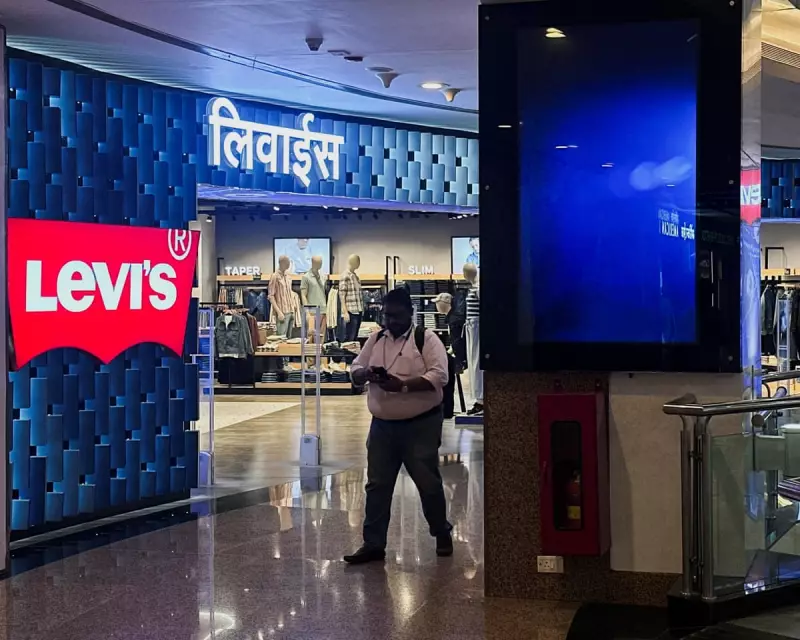
American fashion giants are confronting an unprecedented global consumer revolt as international shoppers increasingly associate major US brands with the controversial policies of the Trump administration. From Paris to Tokyo, customers are turning away from American labels in what industry analysts are calling a "political purchasing boycott" that could cost billions in lost revenue.
The Rising Tide of Consumer Resistance
Market research across key international territories reveals a disturbing trend for US fashion houses. Consumers in Europe, Asia, and Latin America are actively avoiding American brands, with many citing discomfort with the perceived values represented by the current US political landscape. This sentiment is particularly strong among younger, socially-conscious shoppers who increasingly make purchasing decisions based on ethical and political considerations.
Financial Implications for Fashion Powerhouses
The backlash poses a significant threat to the bottom line of American fashion retailers who rely heavily on international markets for growth and profitability. Companies like Nike, Gap, and Ralph Lauren, which generate substantial portions of their revenue overseas, are particularly vulnerable to this shifting consumer sentiment. Industry analysts project potential losses in the billions if the trend continues through the upcoming shopping seasons.
European and Asian Alternatives Benefit
As American brands struggle, their international competitors are capitalizing on the situation. European luxury houses and emerging Asian designers are experiencing increased interest from consumers seeking alternatives to US brands. This shift is particularly noticeable in markets that have traditionally been strongholds for American fashion, including the UK, Germany, and Japan.
Brand Response and Strategic Dilemmas
US fashion companies face complex challenges in responding to the backlash. Many are caught between maintaining their American identity and distancing themselves from political associations that might alienate international customers. Some brands are considering emphasizing their global supply chains and international design teams, while others are increasing their focus on sustainability and ethical manufacturing to appeal to values-driven consumers.
The Long-Term Outlook for American Fashion
Industry experts warn that the damage to American fashion brands could extend beyond the current political climate. Once consumers switch allegiances to international competitors, they may not return to US brands even after political conditions change. This presents a fundamental threat to the global positioning of American fashion that could require years of strategic repositioning to overcome.
The situation represents a perfect storm of politics and commerce, demonstrating how deeply consumer behavior can be influenced by international perceptions of a country's leadership and policies. For American fashion brands, navigating these turbulent waters may require a complete rethinking of their global marketing strategies and brand identities.





